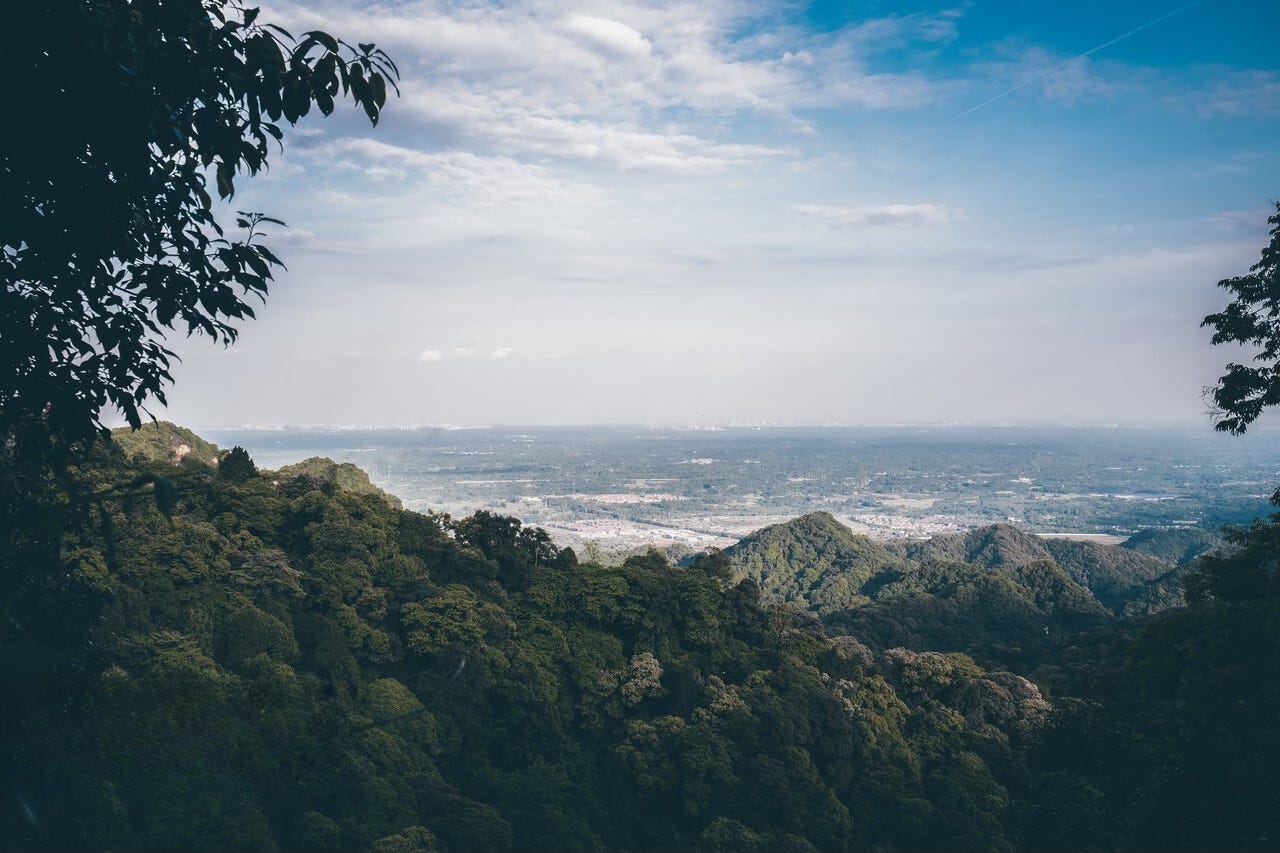The Art of Roaming the World
A journey with Chuang Tzu (Zhuangzi) to transform ourselves and live truly, as we desire, and as we can.
Welcome to the first post in our new series, "The Way of Spontaneity: Lessons from Chuang Tzu for Modern Life." In this journey, we’ll explore the wisdom of the "wandering sage," discovering his insights on living effortlessly and in harmony with ourselves and society. Rather than offering quick fixes or life hacks, this series invites Chuang Tzu as an advisor, providing timeless perspectives that help us foster authenticity and a natural flow through life. Also, we can think of this as a companion for navigating life’s complexities—guidance and a valuable tool in our mental toolbox to rely on in times of crisis or uncertainty.
Throughout 6–8 posts, I’ll introduce the core principles of Chuang Tzu's philosophy, building a foundation for a thoughtful and grounded understanding of his ideas and parables (Chuang Tzu’s thought must be understood from his parables). Each post will explore a unique aspect of his teachings, empowering us to live more authentically, freely, and in alignment with our true nature.
In today’s fast-paced world, we’re often told that success comes from hard work, relentless effort, and a firm grasp on our goals. We make to-do lists, set rigid expectations, and push ourselves to control every aspect of our lives. There is nothing wrong with this way of living as long as one can naturally find peace, contentment, and meaning.
Self-realization is undoubtedly a worthwhile pursuit. Yet, the key question is what happens after one has achieved enormous success by conventional standards. Are we living with joy and peace of mind, or are we still constantly chasing, entangling ourselves in more layers of striving?
Too often, this relentless effort leaves us stressed, anxious, and disconnected from our inner selves. But what if there were another way? A way of living that doesn't require force or control but rather an acceptance of life’s natural flow. Chuang Tzu, the great Taoist philosopher, offers us this refreshing alternative through the concept of “wandering the world” (遊世), both a guiding principle and a way of life.
To “wander the world” on an existential level means to live consciously with less anxiety, a fuller understanding of ourselves and our surroundings, and a deeper harmony with the world. This awareness, a sense of one’s fluid positioning in the world, comes from a core idea of Taoist philosophy—wu-wei (無為).
Keep reading with a 7-day free trial
Subscribe to Taoism Reimagined to keep reading this post and get 7 days of free access to the full post archives.




